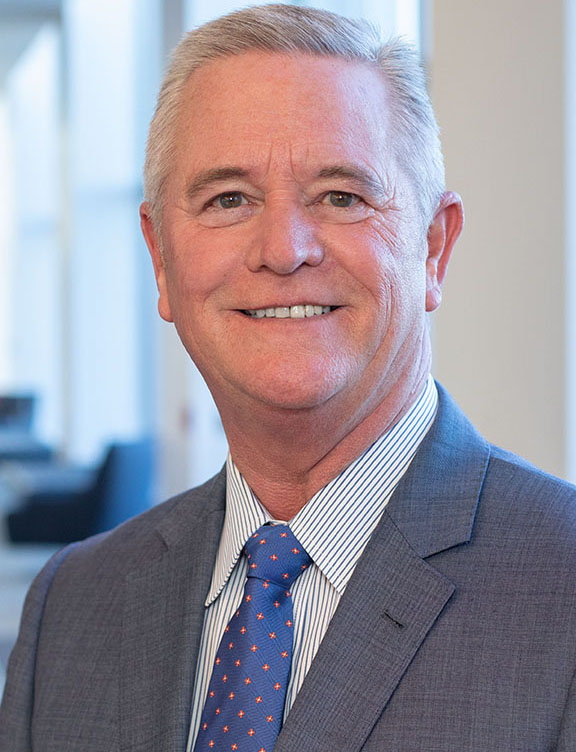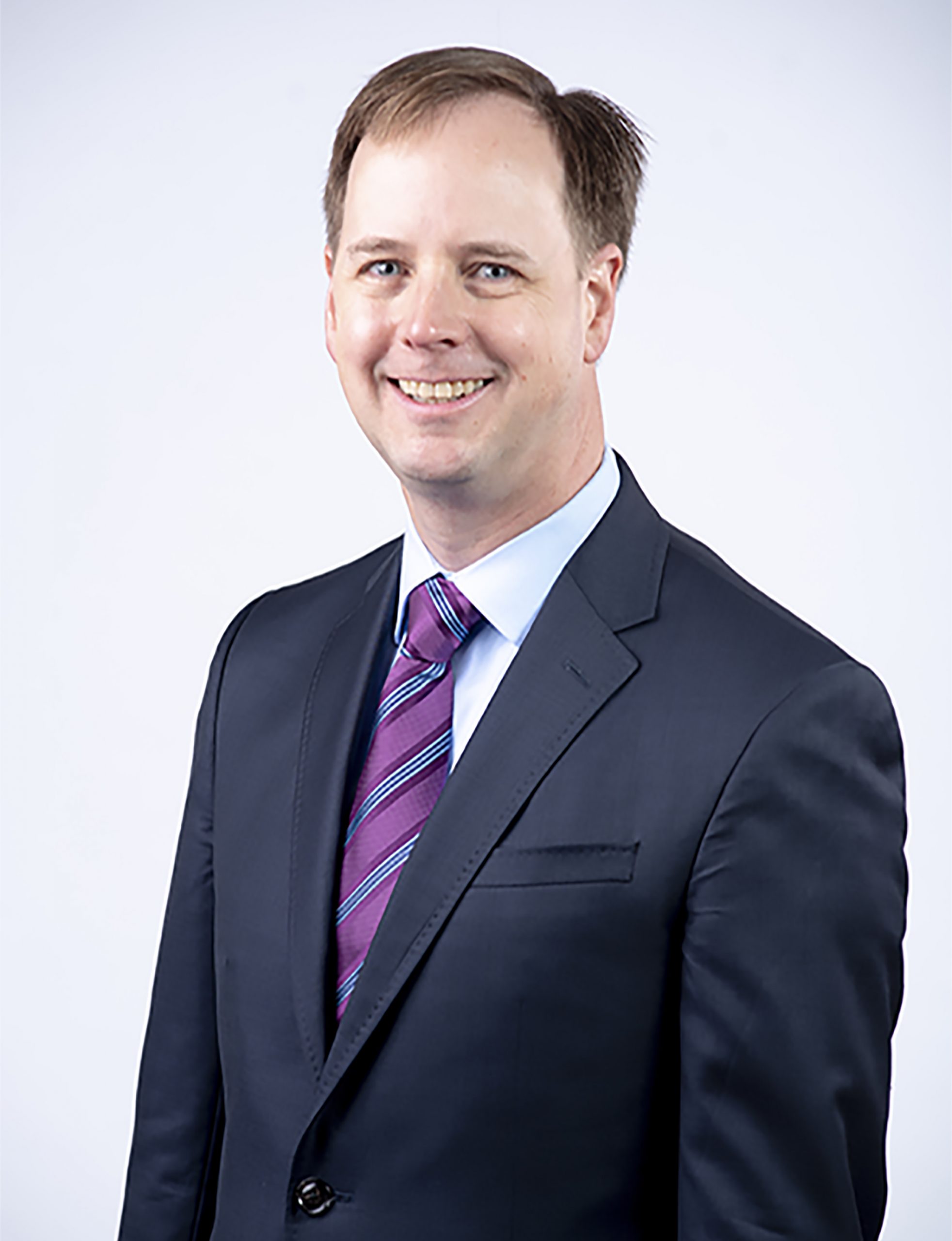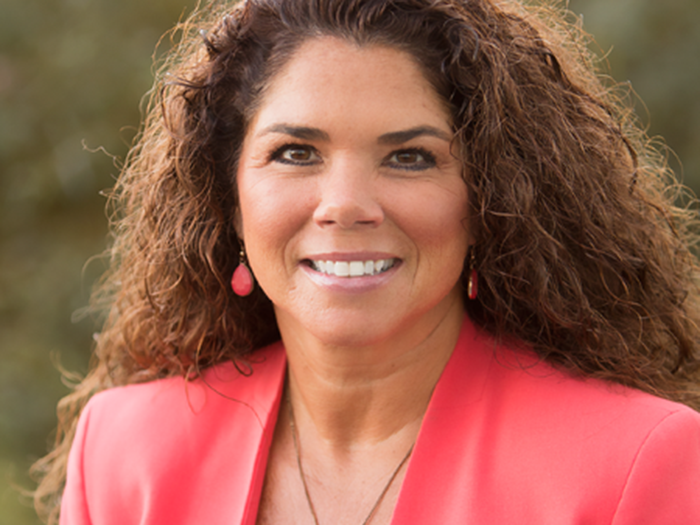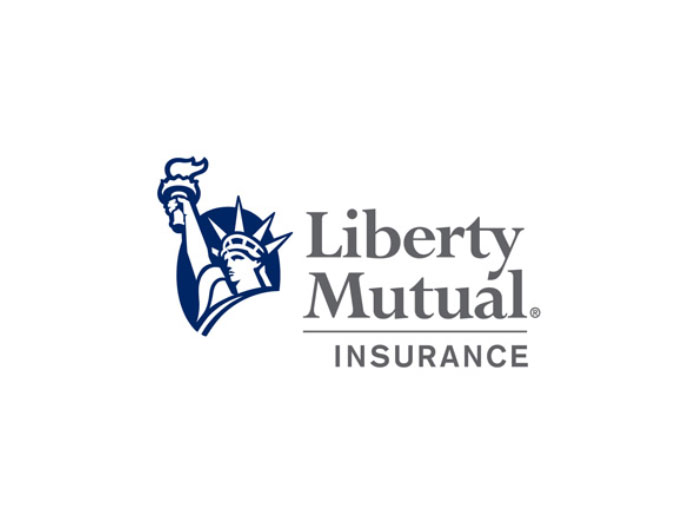Excess and Surplus Insurers Were Already Raising Prices. Then Came COVID-19

It was the perfect storm waiting to happen.
For years, insureds have traditionally enjoyed reduced rates and large coverage limits across the board in the excess and surplus (E&S) market.
But when carriers were hit by mounting losses arising from prior year loss development, a series of large jury verdicts and adverse weather events, it became clear that this protracted soft market was unsustainable.
During the last year or so, many have been left with no choice but to increase prices — in some cases by as much as hundreds of percentage points — and reign in capacity.
Among the biggest rises were in directors and officers’ (D&O), property, commercial auto and excess casualty insurance.
To make matters worse, now companies are being crippled with the economic fallout from COVID-19, with many being forced to shut or layoff staff, most notably in retail and hospitality.
“When most underwriters are confronted by significant levels of uncertainty related to the frequency of very large losses, they often reduce capacity and take exposure to large loss off the table,” said David Bresnahan, executive vice president at Berkshire Hathaway Specialty Insurance.
“Now introduce the COVID-19 crisis and accompanying global economic distress and you are layering even more uncertainty on top of an underwriting market that was already off-balance.”
Escalating Losses
The E&S market enjoyed stellar growth over the past decade before sustaining record losses from Hurricane Harvey, Irma and Maria; the California wildfires in 2017; and further losses from Hurricane Florence and Michael in 2018.
Additionally, the E&S market remains grossly underpriced as medical costs have escalated and jury awards continue to increase.
To correct this, carriers adjusted their premiums upwards and tightened their limits, resulting in a hard market.
The Wholesale & Specialty Insurance Association, for one, forecast that this trend will continue until at least the end of this year, if not longer.
“It was not uncommon for a carrier to offer a billion-dollar limit on a property policy,” said Joel Cavaness, president of Risk Placement Services.
“Those days are gone now — companies are now ensuring much greater consistency among the layers of coverage.”
Jim Auden, managing director and head of North Americans Property/Casualty at Fitch Ratings, said the larger players, such as Lloyd’s of London and AIG, pulled back sharply on coverage terms being offered, with lower limits and higher insured deductibles.
Among the most pronounced changes, he said, were in the hardest hit segments such as commercial property, commercial auto and liability.
“Rates hardened considerably at year-end 2019,” said Auden.
“Again, the hardest hit areas of property and auto have seen continual rate increases for some time, but more recently casualty, liability umbrella and D&O are seeing significant increases on weaker results, particularly from more high-severity claims arising from rising litigation and settlement costs.”
Casualty is another area that spiked, according to Matt Dolan, president of North America Specialty at Ironshore and executive vice president of global risk solutions at Liberty Mutual.
That’s because higher jury awards have forced many carriers to re-evaluate their position, he said.
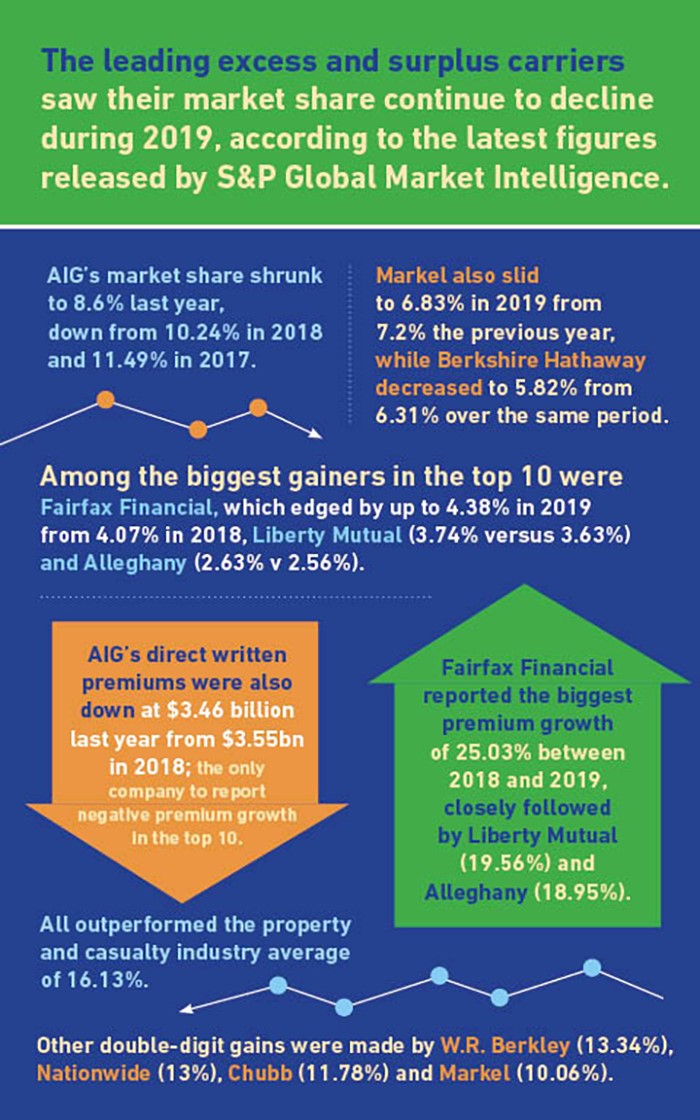
“We have seen a significant increase in nuclear verdicts as a result of the shift in presumption of negligence by juries,” Dolan said.
Carriers have already started reacting in the wake of COVID-19, with several recently announcing they would be placing communicative disease exclusions on their comprehensive general liability and excess policies for public entities.
There’s also talk within the industry that hospitality sector insurers might follow suit.
COVID-19 Fallout
Bresnahan said rate increases have ranged from single digits to hundreds of percentage points. However, he added that some lines most affected by COVID-19 will be even higher.
“There are some products where COVID-19 and its aftermath represent a catastrophic-sized event,” said Bresnahan.
Rates on excess layers, particularly in casualty, are also now outstripping those on primary layers, according to a recent AmWINS Group report. That has resulted in buyers reducing limits and retaining more risk.
Cavaness said insurers are also having to consider whether they need to adjust coverage for businesses that have had to change their delivery model because of COVID-19.
Therefore, it’s imperative for risk managers to update them of their changing situation on a regular basis, he added.
Robert Raber, associate director at AMBest Rating Services, said another consequence of COVID-19 is E&S carriers are likely to introduce additional exclusions and/or clarify coverage available during pandemics.
But he added these revisions would most likely be brought in at renewal rather than straight away.
“An unknown in the future is demand for broadened coverage for pandemics and, if that can be priced appropriately, to be added to future coverages,” said Raber.
“It’s possible it would reach a cost-prohibitive level.”
Broader Coverage
Some carriers have already expanded their coverage to include COVID-19. Ironshore, for example, has added a coronavirus expense reimbursement coverage to its hospital professional liability policies.
However, a great number of unknowns still remain, particularly in the property market.
These include whether policy extensions are required, if the vacancy/unoccupancy clause applies and if carriers will provide premium payment extensions.
To mitigate against these issues, Matt O’Malley, head of E&S casualty at AXA XL, said insureds should focus on producing a quality submission that’s straightforward for their underwriter to understand. They also need to start the buying journey earlier.
“That gives them plenty of time to have those conversations,” he said. “By getting out ahead of the game, they stand a much better chance of securing a good renewal.”
James Drinkwater, president of AmWINS Group, added insurance buyers need to reach out to their broker and discuss all options with their incumbent insurer, including premium payment extensions, policy extensions and exposure base relief.
“Companies should work with their insurance broker to review loss trends, and to develop loss control and safety programs,” said Tom Jurgens, senior vice president, brokerage E&S at Nationwide.
“Potential insureds need to show carriers that they are being proactive regarding risk management, loss control and safety.” &

